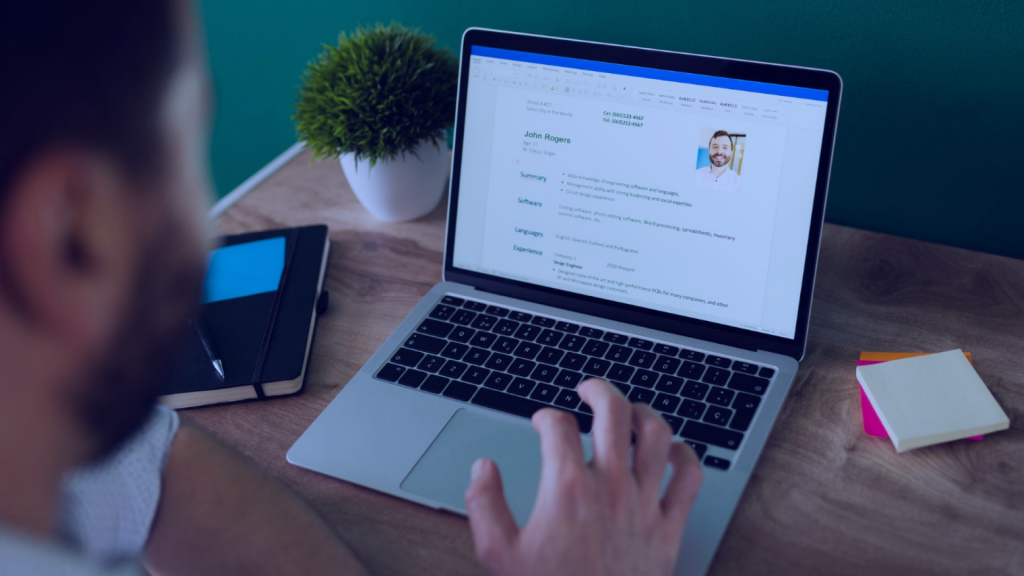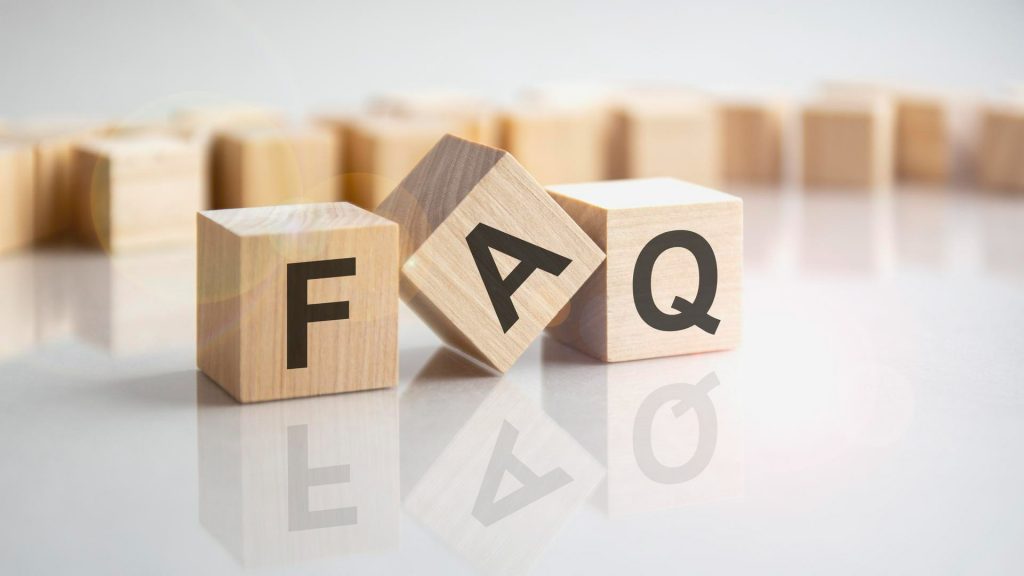Introduction
If you’re on a job hunt, you’ve likely heard of the term “cover letter.” But what is the purpose of a cover letter, and why is it so important in your job application? In this article, we’ll delve into the ins and outs of cover letters, their significance, and how to create an engaging one. Let’s demystify the purpose of a cover letter and help you stand out in the competitive job market.

Understanding the Significance
Understanding the significance of a cover letter is fundamental to using it effectively in your job search. A well-constructed cover letter has the power to convey your enthusiasm for the role, showcase your qualifications, and demonstrate your research about the company.
Furthermore, it acts as a unique opportunity to tell your career story and address any specific points that may not be evident in your resume. In essence, it helps bridge the gap between your skills and the employer’s needs, making it an indispensable tool in your job application toolkit.
Highlight Your Interest
One of the primary purposes of a cover letter is to highlight your genuine interest in the position and the company you’re applying to. This personal touch goes a long way in capturing the attention of the hiring manager.
In this section of your cover letter, you can elaborate on what specifically attracts you to the company. It could be their mission, values, industry reputation, or a recent project they’ve undertaken. By highlighting your interest, you’re also showcasing your cultural fit and alignment with the company’s goals, which is crucial for both you and the employer in building a successful professional relationship.
Showcase Your Qualifications
A well-crafted cover letter provides you with an ideal platform to showcase your qualifications. This is where you can delve into specific examples of your achievements, illustrating how your experience aligns perfectly with the requirements of the job.
Rather than merely listing qualifications, it’s essential to demonstrate how they are relevant to the position. Explain how your skills and experiences have prepared you for the specific challenges and responsibilities of the role you’re applying for. This not only helps the employer understand your value but also sets you apart as a candidate who has thought deeply about the match between their skills and the job.
Personalize Your Application

Personalizing your cover letter is a critical aspect of making a positive impression on potential employers. In this section, you can address the hiring manager by name if you have that information, as opposed to using a generic salutation. Tailoring the content to the job description and the company’s values and needs is also vital.
By directly connecting your qualifications and motivations to the specific position, you demonstrate a genuine interest and a clear understanding of what the role entails. This level of personalization showcases your commitment and can significantly improve your chances of standing out among other applicants.
Address Employment Gaps or Career Changes
If you have employment gaps or are making a career change, addressing these aspects in your cover letter is a proactive way to present your unique journey positively. Rather than avoiding the topic, explain how your experiences during those gaps or your transition have equipped you with skills and qualities that are transferable to the job at hand.
Highlight any relevant experiences, volunteer work, or learning opportunities you engaged in during employment gaps to show your commitment to self-improvement. When changing careers, focus on how your prior experiences have provided you with a diverse skill set that can benefit the new role. Addressing employment gaps or career changes honestly and optimistically allows you to present yourself as a candidate who can bring a fresh perspective and valuable insights to the position.
Showcasing Your Personality
One of the unique aspects of a cover letter is the opportunity it provides to showcase your personality. Unlike a resume, which tends to be more formal and focused on qualifications, a cover letter allows you to inject your character and personal touch. When crafting your cover letter, consider incorporating elements of your personality that align with the company culture and the position you’re applying for.
For instance, if the company values teamwork, you can mention your collaborative nature and experiences that demonstrate your ability to work effectively with others. By subtly revealing your personality, you can create a connection with the reader and make a memorable impression.
Crafting an Effective Cover Letter

Crafting an effective cover letter involves several key elements. It’s not just about stating your interest in the job; it’s about creating a compelling narrative that convinces the reader you’re the right fit.
Begin with a strong opening that grabs the reader’s attention and clearly addresses the purpose of the cover letter. Then, research the company to understand its values, culture, and specific needs.
This information will allow you to personalize your letter and show that you’re genuinely invested in the organization. Use body paragraphs to elaborate on your qualifications and experiences, providing concrete examples that demonstrate your suitability for the position.
Address any potential concerns, such as employment gaps, in a positive manner. Finally, end the letter with a professional closing and a call to action, inviting the reader to contact you for further discussion. Crafting an effective cover letter is a blend of creativity, research, and strategic communication.
What Is the Purpose of a Cover Letter?

The core purpose of a cover letter is to complement your resume and provide additional context to your job application. It’s a tool that allows you to introduce yourself to potential employers, express your interest in the position, and highlight your qualifications and skills.
Moreover, a well-crafted cover letter demonstrates your commitment and enthusiasm for the job, making a strong case for why you’re the ideal candidate. It bridges the gap between your qualifications and the specific requirements of the job, helping employers see how you can immediately contribute to their organization.
In essence, the purpose of a cover letter is to persuade the reader that you’re not only qualified but also a good fit for the role.
Opening Paragraph
The opening paragraph of your cover letter is your first opportunity to make a strong impression. In this section, you should briefly explain the purpose of your letter and grab the reader’s attention. Start by mentioning the specific job you’re applying for and how you learned about it. You might say something like, “I am writing to express my enthusiastic interest in the [Job Title] position at [Company Name] that I learned about through [Referral/Job Posting].”
Body Paragraphs
The body paragraphs of your cover letter provide the opportunity to delve into your qualifications and experiences. Use two to three paragraphs to highlight your relevant skills, experiences, and achievements. Each paragraph should focus on a different aspect that makes you a strong candidate for the job.
In the first body paragraph, you can emphasize your professional background and achievements that align with the job requirements. Use concrete examples to illustrate how your skills and experiences have prepared you for the role. The second body paragraph should focus on your soft skills, such as teamwork, communication, or problem-solving abilities. Show how these qualities make you a valuable asset to the company.
In the third body paragraph, consider addressing specific qualifications or achievements related to the job. Discuss any industry-specific knowledge or certifications you possess. The body paragraphs are the heart of your cover letter, where you provide evidence of your suitability and make a compelling case for your candidacy.
Express Your Enthusiasm

Expressing your enthusiasm not only shows your motivation but also assures potential employers that you are genuinely interested in the role. You can say something like, “I am incredibly excited about the opportunity to join [Company Name] and contribute to its mission of [Company’s Mission]. I am eager to bring my skills and passion to the team and make a positive impact.”
Professional Closing
The closing paragraph of your cover letter is your final chance to leave a positive impression. In this section, you should thank the reader for their time and consideration. You can say, “Thank you for considering my application,” or “I appreciate the opportunity to apply for this position.”
Reiterate your interest in the job and express your readiness to discuss your qualifications in more detail during an interview. End with a professional closing, such as “Sincerely” or “Best regards,” followed by your name and contact information.
The professional closing should convey your professionalism and appreciation for the opportunity while leaving a positive and lasting impression on the reader.
FAQs

Q: How long should a cover letter be?
A: A Cover letter should ideally be one page long, concise and to the point.
Q: Is a cover letter necessary for every job application?
A: While not mandatory for every application, it’s highly recommended to include a cover letter, especially for competitive positions.
Q: Can I use the same cover letter for multiple job applications?
A: It’s best to tailor each cover letter to the specific job and company, as generic letters are less effective.
Q: What should I do if I don’t know the recipient’s name?
A: If you can’t find the hiring manager’s name, you can use a generic greeting, but it’s better to try to find out.
Q: Should I include my salary expectations in the cover letter?
A: It’s not necessary to include salary expectations in your cover letter. Save this discussion for later stages of the hiring process.
Q: How can I make my cover letter stand out?
A: To stand out, focus on showcasing your unique qualifications, addressing the company’s specific needs, and expressing genuine enthusiasm for the job.
Conclusion
In conclusion, the purpose of a cover letter is to convey your interest, qualifications, and personality to potential employers. By crafting an engaging and personalized cover letter, you increase your chances of making a positive impression and securing the job you desire. Don’t underestimate the power of this document in your job search. With the right approach, your cover letter can be the key to unlocking exciting career opportunities.
